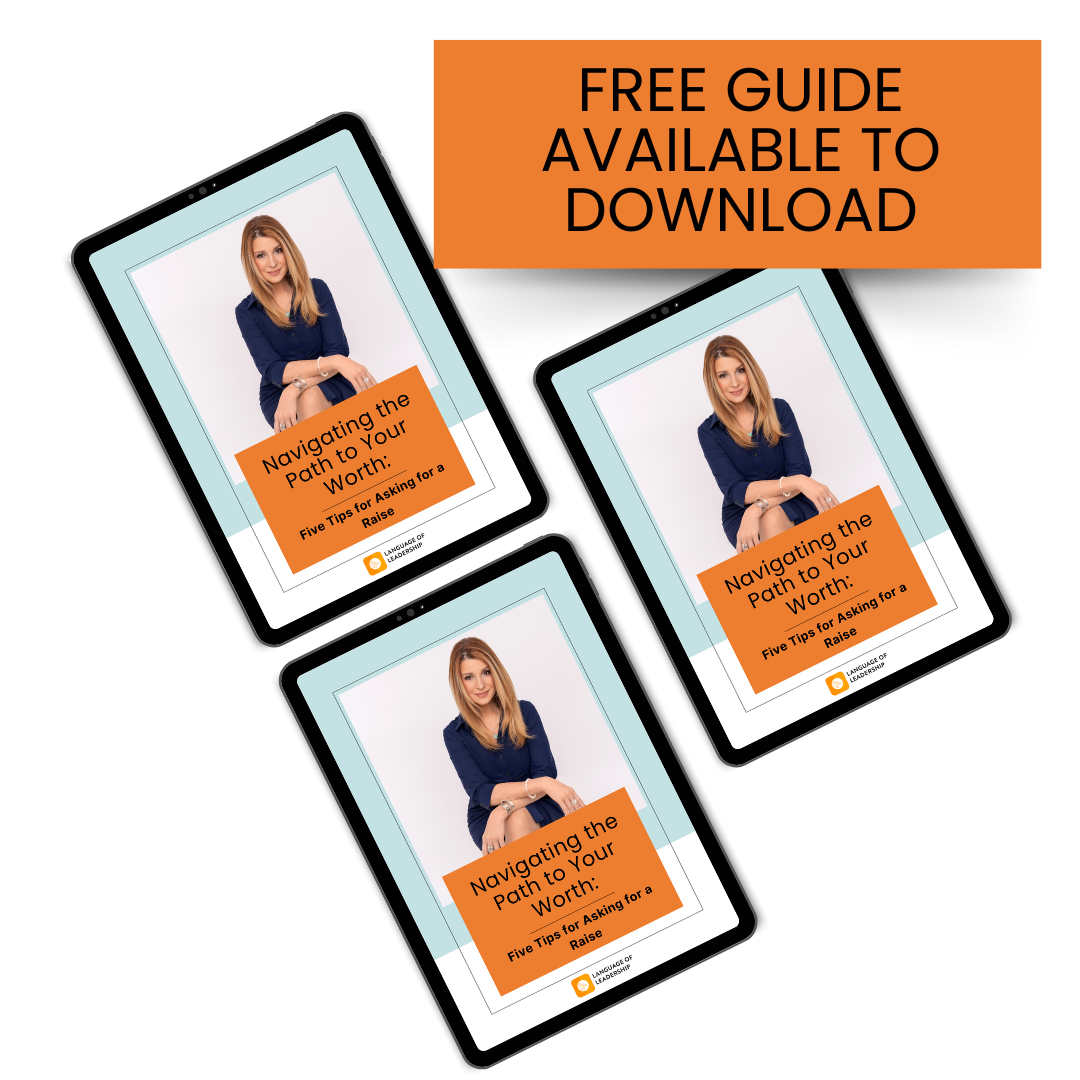
Quick Links
HQ
15 Castle Court, Blackrock,, A94 W9X7, Ireland
Empower Yourself to Claim Your Worth:
Gain Confidence in Asking for a Raise
FREE RESOURCE

© 2024 Gina London | Privacy Policy | Powered by Megnificent Creative
15 Castle Court, Blackrock,, A94 W9X7, Ireland
Gain Confidence in Asking for a Raise
FREE RESOURCE

© 2024 Gina London | Privacy Policy | Powered by Megnificent Creative